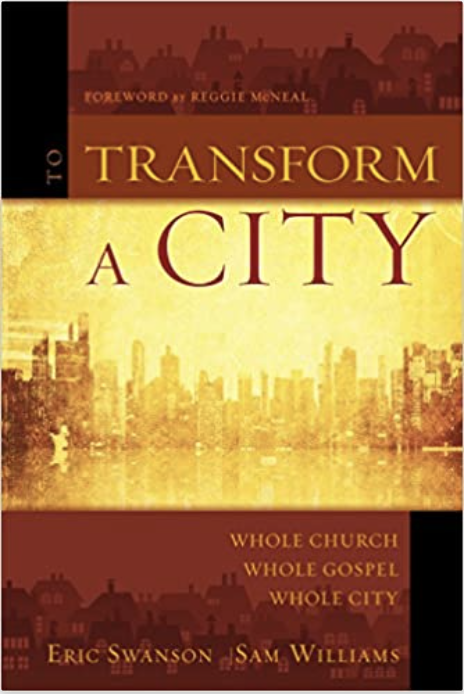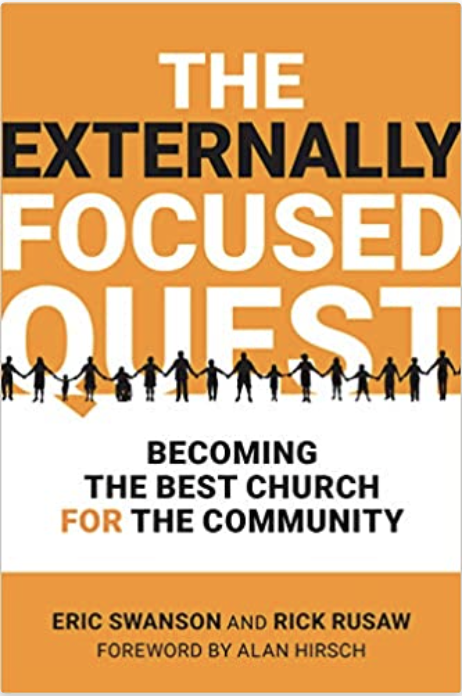Satisfying Work and the Mother of Moses
 Gladwell puts forth some interesting thoughts on working in a sweat shop in New York’s Garment District as opposed to taking a job as a day laborer in NYC. As difficult as sweatshop work proved to be, the work itself put workers in contact with the center of the industry. “If you are working in a small garment shop, your wages are low, and your conditions are terrible, and your hours are long, but you can see exactly what the successful people were doing, and you can see how you can set up your own job” (p. 149 Gladwell, 2008). Because the barrier to entry to starting one’s own business was relatively low ($50 could buy a couple of sewing machines), those with entrepreneurial skills started their own clothiers, apron shops or became suit makers. And here’s what happened:
Gladwell puts forth some interesting thoughts on working in a sweat shop in New York’s Garment District as opposed to taking a job as a day laborer in NYC. As difficult as sweatshop work proved to be, the work itself put workers in contact with the center of the industry. “If you are working in a small garment shop, your wages are low, and your conditions are terrible, and your hours are long, but you can see exactly what the successful people were doing, and you can see how you can set up your own job” (p. 149 Gladwell, 2008). Because the barrier to entry to starting one’s own business was relatively low ($50 could buy a couple of sewing machines), those with entrepreneurial skills started their own clothiers, apron shops or became suit makers. And here’s what happened:
When Borgenicht came home at night to his children he may have been tired and poor and overwhelmed, but he was alive. He was his own boss. He was responsible for his own decisions and direction. His work was complex: it engaged his mind and imagination. And in his work, there was a relationship between effort and reward: the longer he and Regina stayed up at night sewing aprons, the more money they made the next day on the streets. Those three things—autonomy, complexity, and a connection between effort and reward—are, most people agree, the three qualities that work has to have if it is to be satisfying. It is not how much money we make that ultimately makes us happy between nine and five. It’s whether our work fulfills us (pp. 158-9)
Researchers have tracked the paths the children of such entrepreneurs took. Inevitably the children of these small business owners become the professionals of the next generation—doctors, lawyers, etc.
When I talk to people about “What I should do with my life” I usually end up by drawing four intersecting ovals. The first is PASSION: “What would you really love to do? What do you wake up thinking about and go to sleep dreaming about?” The second is PROFICIENCY: “Do you have the skill set that accompanies your passion?” One can passionately want to be a professional baseball player but if one can’t hit a curve ball then it will never happen. The third is PULL: What needs to be done in the world that is not being done? Who is inviting you in and showing you love and favor?” God often guides us through those who initiate with us (Hosea 11:4—“I led them with cords of human kindness and with ties of love”). And the last of these is PAYCHECK (or as Keith Davy says, “God’s provision.”) Without this fourth factor, the intersection is just a hobby. It’s not until there is a value exchange created that there is a real job. Now where all four ovals intersect is the ideal job—what I call the “mother of Moses” job. Remember the story? Moses’ mother sets Moses in the water. Moses is retrieved by Pharaoh’s daughter who says, “Go hire one of the Hebrew women to nurse this child” (Exodus 2:7-9). Think about it…Moses’ mother was paid to do something she was created to do and to do something that she longed to do…had the skill to do. Her wonderful job had PASSION, PROFICIENCY, PULL, and a PAYCHECK. The mother of Moses job.








